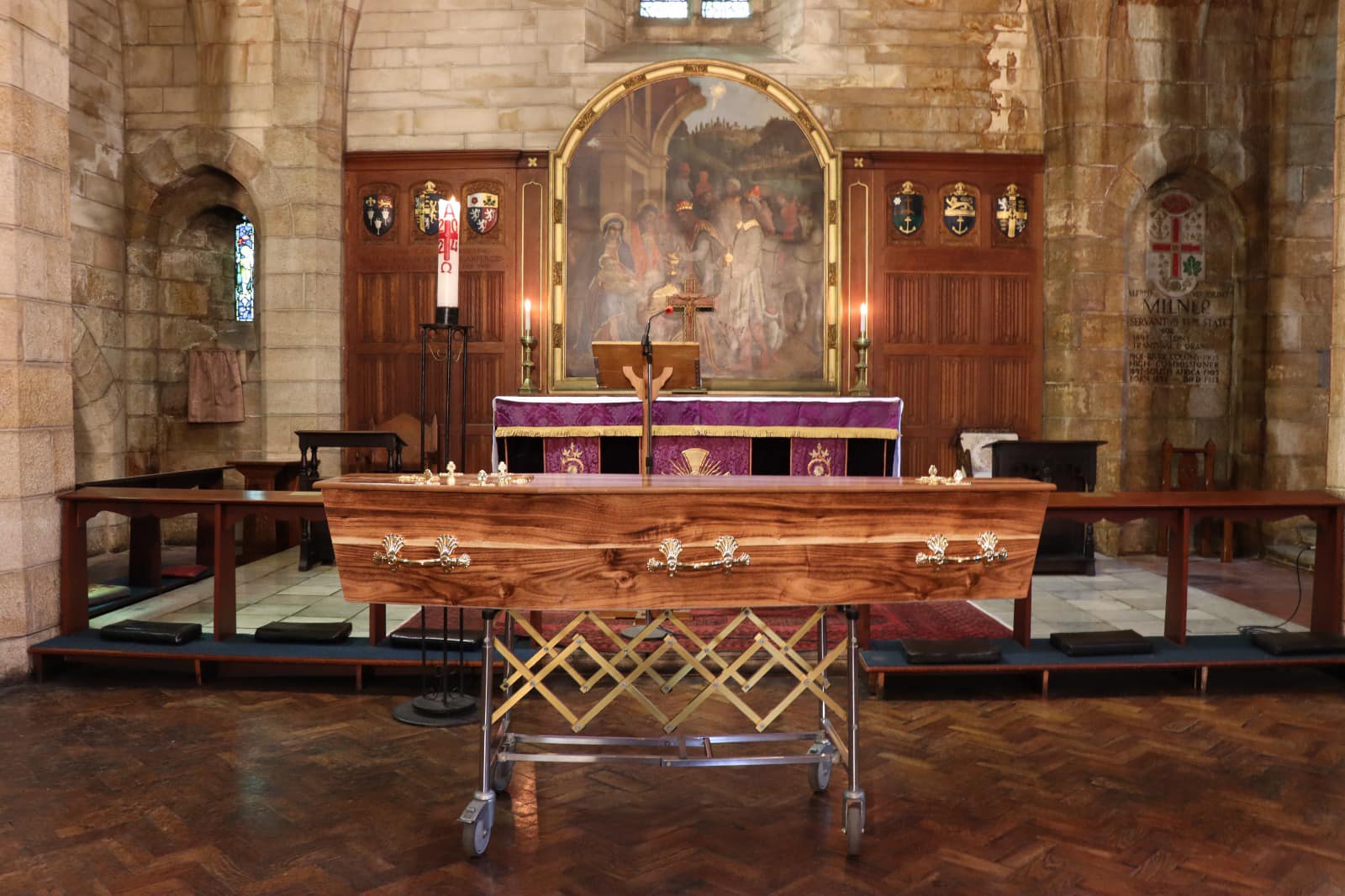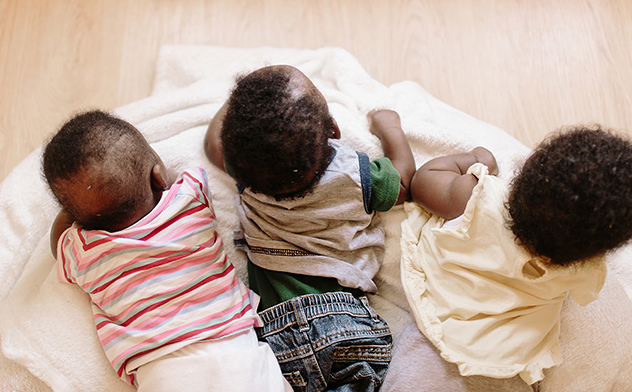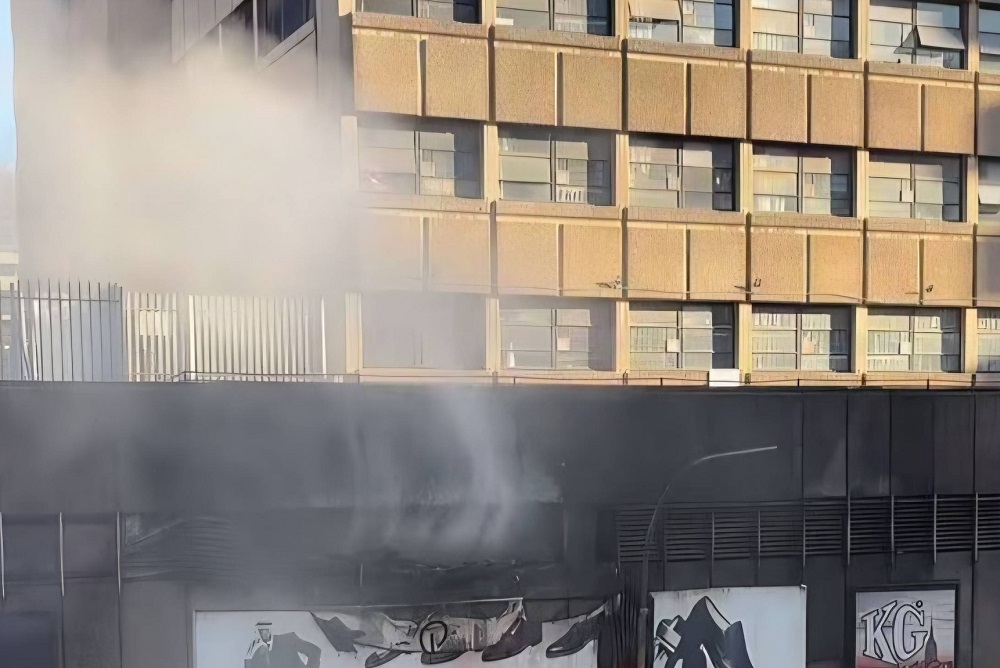-
File photo: The mortal remains of liberation hero Bethuel Tamana were officially handed over to his family by Head of Department Guy Redman in a heartfelt ceremony at St George’s Cathedral, Cape Town in November.
Struggle stalwart, Bethuel Tamana, who died in Lusaka in 1984 while in exile, has been laid to rest at his family home at Makhaza in Khayelitsha (on the Cape Flats).
His remains were repatriated to South Africa along with others and handed over to his family last week as part of a national initiative to return the mortal remains of South African liberation fighters to their families and communities.
The funeral service took place in Gugulethu.
Bethuel Tamana was born in 1937 in Retreat on the Cape Flats. On his political journey, he left the country in 1962 to join Umkhonto we Sizwe.
He was known by the alias, Joseph Zame during his time in exile. Family spokesperson, Alfred Willie says he spent time with Tamana volunteering, leading up to their arrest.
“We were volunteers at the time because he was dedicated born by the leader, he inherited that spirit from the mother, and we were together up until we would be taken to Mamre camp where we were training there and finally, we were caught then as we were arrested.”
A member of the Luthuli Detachment, Bethuel and some of his fellow combatants were captured and subsequently sentenced to death.
The sentences were then extended to imprisonment. Bethuel spent over ten years in Khami prison in Bulawayo.
Chairperson of Umkhonto we Sizwe liberation veterans, Andile Apleni, says this is an important day for the family as they will find comfort in having his remains back.
“It’s an important day in the life of Umkhonto weSizwe it’s an important day for the family of the Tamana’s that they find finally closure that their son has been brought back into the country.”
The government of the Western Cape has played a pivotal role in returning the mortal remains.
Head of the Art, Sport and Culture Department, Guy Redman, says the government is making arrangements to repatriate more remains.
“Their return is a moment for us to reflect to what extent we have lived up to what they died for and how we can course correct to build a South Africa which they died for. In this moment of great unease, I refer to earlier and as our country slides from one load to another, I believe that amongst the other efforts, this repatriation mission is the revival of consciousness that South Africa needs.”
Tamana was released in 1980 with other political prisoners after Zimbabwe became independent following the fall of Ian Smith’s oppressive regime.
Due to the prevailing political conditions at the time, those who were freed could not return to South Africa.











